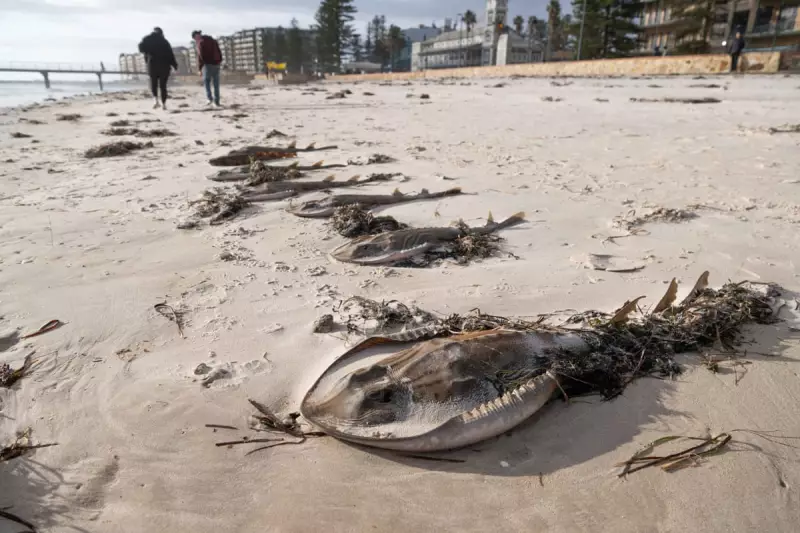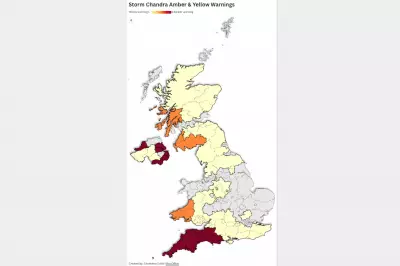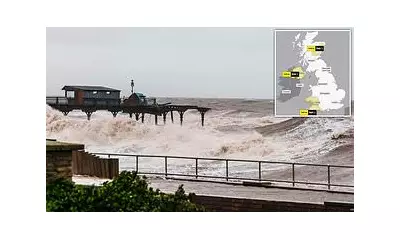
Scientists are sounding the alarm over a marine heatwave that could trigger a severe algal bloom off the coast of South Australia, with potential ecological consequences as devastating as the Black Summer bushfires of 2019-2020.
Researchers warn that rising ocean temperatures are creating ideal conditions for a massive bloom of phytoplankton, which could deplete oxygen levels and release toxins harmful to marine life. The situation bears eerie similarities to the catastrophic bushfires that ravaged Australia just a few years ago.
An Underwater Crisis Brewing
The marine heatwave, which has persisted for several weeks, is causing water temperatures to rise significantly above average. This thermal stress is disrupting marine ecosystems and creating perfect conditions for algal proliferation.
"We're seeing warning signs that mirror what preceded previous major ecological disasters," explained Dr. Sarah Wilkins, a marine biologist at the University of Adelaide. "The scale of potential impact could rival the Black Summer fires in terms of ecosystem damage."
Ecological Domino Effect
The impending bloom threatens to:
- Choke marine life through oxygen depletion
- Release harmful neurotoxins into the food chain
- Damage vital seagrass beds and kelp forests
- Impact commercial fisheries and aquaculture
Coastal communities are being advised to prepare for possible beach closures and fishing restrictions if the bloom materializes as predicted.
Climate Change Connection
Experts point to climate change as a key driver behind the increasing frequency and intensity of marine heatwaves. The current event follows a pattern of warming ocean temperatures observed over the past decade.
"This isn't an isolated incident," noted Professor Mark Henderson from the Australian Institute of Marine Science. "We're seeing marine heatwaves become more frequent, more intense, and longer-lasting due to global warming."
The situation serves as a stark reminder of the interconnectedness of climate impacts, with ocean warming now posing threats comparable to the more visible land-based disasters like bushfires.





